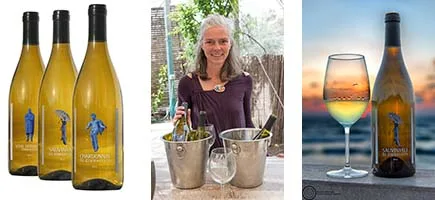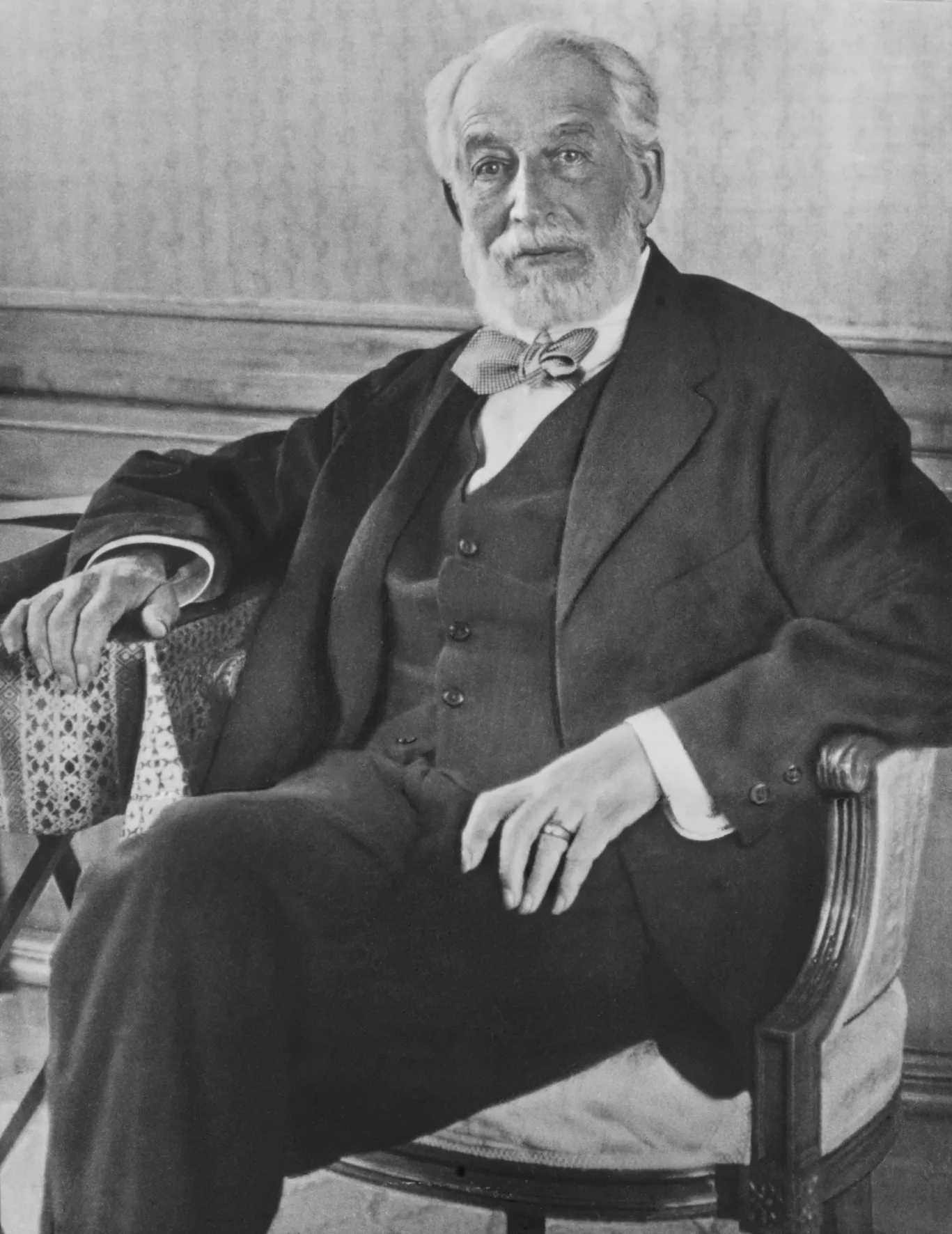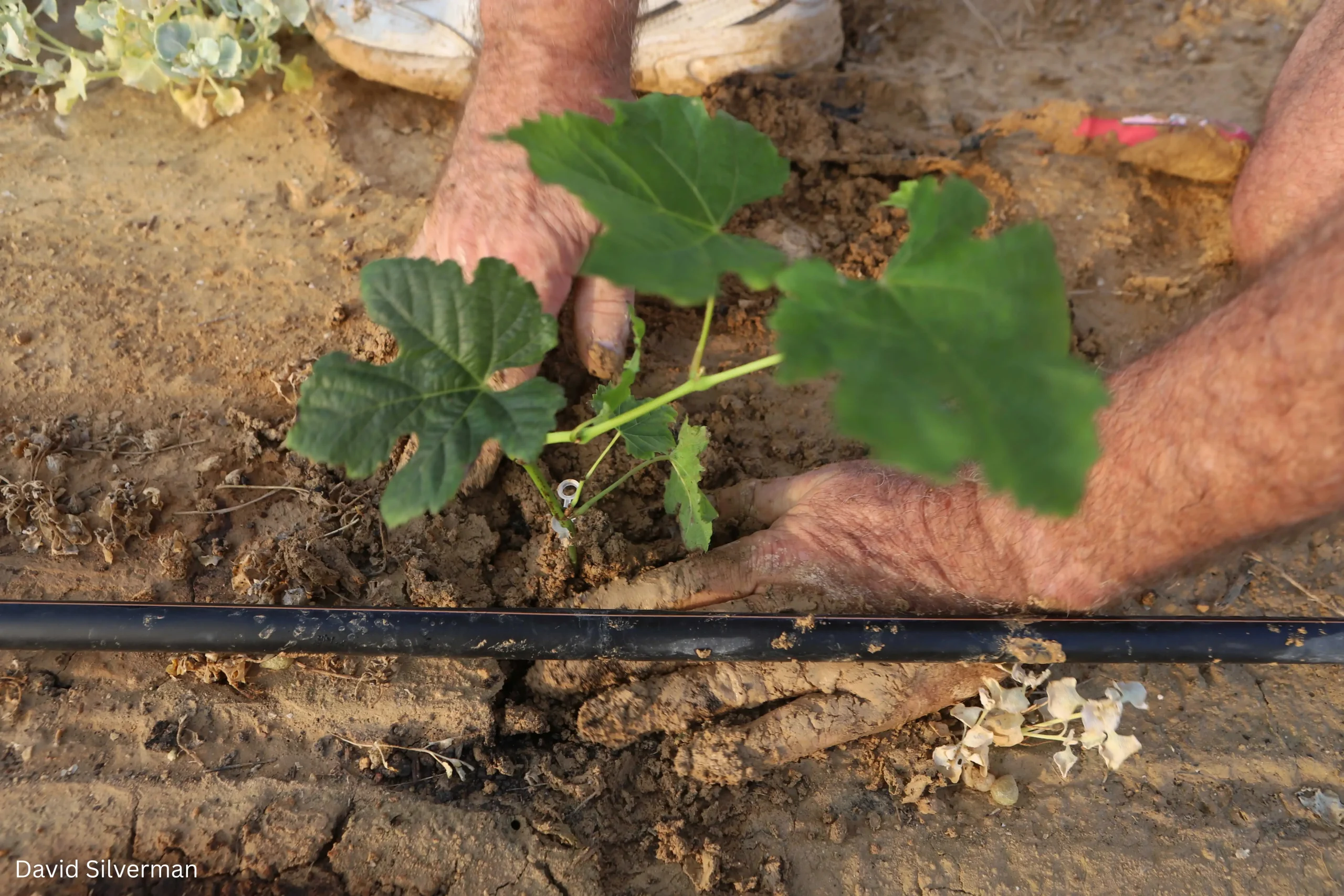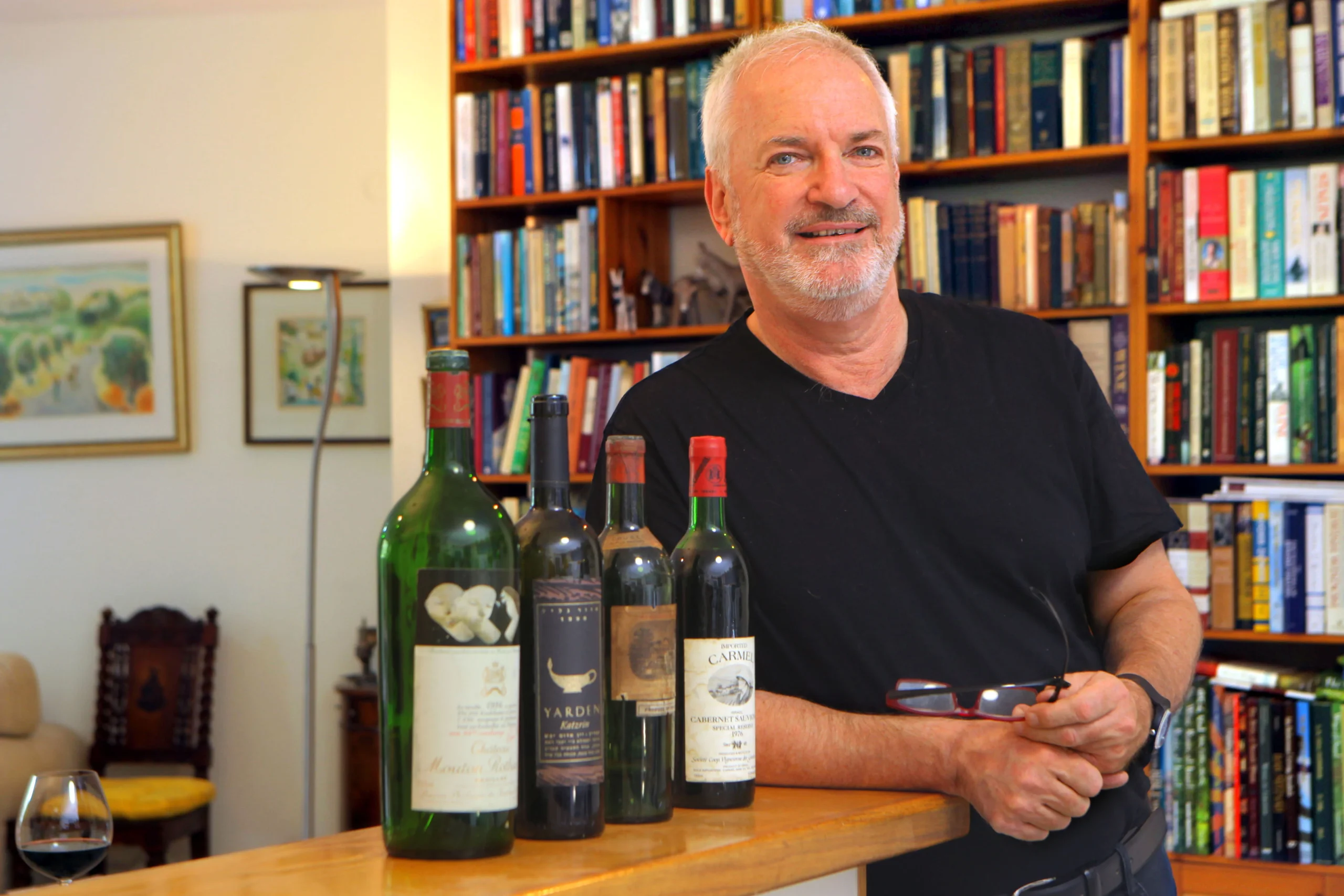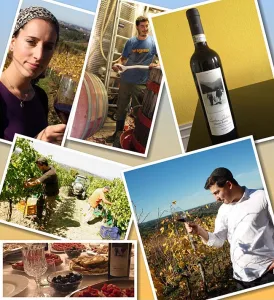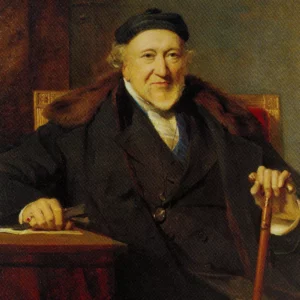This is a story of love, romance, art, culture, war and wine, all with an Italian accent. Sounds like good fodder for an opera. The star is a ballerina called Elena, who was swept off her feet, came to Israel for love and is now sharing with us the beautiful Italian approach to lifestyle and wine.
Elena Guglielmi was born in Venice and began to take ballet lessons as a child. She then progressed to ballet school and eventually became a classical dancer with the Ballet di Verona.
Many of us would say it was a hard life, but Elena had passion, was not afraid of physical hard work and thrived on the disciplined life. Until today she remembers the sensation that the smell of the stage evoked in her. She was a professional, dancing with all the great names, and afterwards did not leave the fraternity, but became a ballet teacher. Only later, she moved to Rome to work in sales and marketing. Because of her personality, she found she was quite good at it.
Now in Italy, everyone drinks, and there is a lot of wine available. It does not mean that wine is something precious or elitist. The opposite is the case. It is simply there, part of the scenery and on the table. Wine is a drink to accompany food, assuage thirst and it is the obvious choice for a social get-together in the local bar. No drama or drum-roll. In this atmosphere, Elena learnt to drink and enjoy the fruit of the vine.
She met her future husband, Rani, at a party held by ballet colleagues late in 1999. He glanced at this elegant, graceful person with a dancing light in her eyes, and immediately told their hosts that this was his future wife. He then invited her to Israel to enjoy the millennium. On the night of 31st December 1999, whilst watching the sunrise in Jerusalem, he cracked open a bottle of Dom Perignon and asked her to marry him.
She said she would think about it. A week later she agreed and left everything for love to come to Israel. Her mother was not so pleased. When told, she put the phone down and would not speak to her for two months.
Her husband, Rani Zimbalista, is a businessman who also hales from an artistic family. His mother is the famous sculptress, Ofra Zimbalista and his brother Chen, the well-known percussionist. The mother in law soon came round. She and Elena now believe Rani is more Italian than the Italians!
They settled in the Avigdor Moshav, north east of Ashkelon. Elena’s husband said that she drank so much wine, they had better start a winery.
Wines from Ashkelon were prized in Biblical times. Many wine presses have been excavated nearby, including some quite recently. The Segal family of distillers also immortalized Ashkelon. In 1950 they founded a winery which they called Ashkelon Wines, because that is where their vineyards were. They thought it was the Bordeaux of Israel!
Now, as all English speakers know, Israelis aren’t that hot at spelling in English. One can see evidence of this on menus, maps and road signs. I once saw three different spellings of the word Montefiore in English, on different street signs on one road…all within 100 meters of each other. Hilarious but true. Only in Israel!
Well, the Segals decided to spell Ashkelon in their own unique way. They wrote it as ‘Askalon’, and that is how it appeared on the labels and stayed that way until they changed the name to Segal Wines. Today the only remnant of this individualistic spelling can be seen on the labels of Askalon Arak, which still exists.
The Zimbalistas wanted to do it properly, so they travelled to Sicily, to compare soils and check varieties. Elena was certain of one thing. She only was interested in white wines. It was a good place to choose because the climate of Sicily is close to Israel, and perhaps surprisingly, the island produces more white wines than red.
They were particularly enchanted by the Muscat of Alexandria that they found there. This grape variety is not particularly noble or a classic, but it is one the oldest of all the varieties. It hails from North Africa, probably from Egypt if the name is a clue, but is pretty well indigenous throughout the Eastern and Southern Mediterranean. It is also known as Zibibbo in Sicily, Zibbib in North Africa, Haneport in South Africa, Gordo Blanco in Australia and Muscat Alexandroni in Israel.
Possibly because of its versatility, also being popular as a tasty, fleshy table grape, it has quite possibly been in Israel continuously, even during the time of prohibition of growing wine grapes. It may even stretch back to Biblical times.
It is usually known for producing blowsy, aromatic, grapey dessert wines. It is at its best in the Rivesaltes ‘vin doux naturels’ of Roussillon in France, the Portuguese Moscatel de Setubal, in some of the Samos Muscats from Greece and the Moscato di Pantelleria in Sicily. It may have been this last wine that turned their head.
Of course Sicily is an island that produces more wine than Australia, yet for many years they were known just for inexpensive wine, until Planeta came out with an acclaimed Chardonnay which drew new attention to Sicily’s new quality wines. Now Sicily is concentrating more on its indigenous varieties, but Elena and Dani had their inspiration. They chose to plant Muscat and Chardonnay in 2002, alongside olive trees and fruit trees, in the Italian tradition.
The first harvest was 2006. Later she also planted Sauvignon Blanc and Gewurztraminer. Zimbalista Winery now produces 15,000 bottles a year, which are snapped up by restaurants and leading wine shops.
Elena Zimbalista is a pioneer in a few ways. Firstly she is bringing focus back to Ashkelon region, an area reeking with wine history, but lately unfashionable as wine growing moved to the hills. Secondly she was arguably the first winery in Israel to focus on white wines only. When I came to Israel 25 years ago, people mainly drank white wines. The pendulum swung to red wines in the 1990’s.
Israel certainly learnt how to make quality red wines in the 1980’s and 1990’s. However since the beginning of the 2000’s, we have also started to make great quality whites. What goes around comes around. White wines are having a revival. Consumers are beginning to realize they are more suitable for our climate and match better with food.
This is what Elena is teaching us. She is making wine to be refreshing and to accompany food well, to drink and enjoy. She is not making wines to put on a pedestal or to win the highest rating.
She has wisely employed the services of Itay Lahat, the celebrated wine consultant, to provide wine making expertise, whilst she looks after the vineyards. Even war, and rockets being fired from Gaza, did not put off this slender, plucky, spirited Italian. She sheltered in the vineyard and even believes the experience brought her closer to her vines.
Zimbalista wines may be recognized on the shelves by their striking packaging. Each label is decorated with the blue three-dimensional figures, taken from Ofra Zimbalista’s unique sculptures, which stand guard, overlooking the vineyard.
So pop open a bottle, and experience a touch of the dolce vita. Try and picture the dancing vines of Elena Zimbalista in the little Italy she has created, here in Israel, not far from the Ashkelon coast.
I tasted the following Zimbalista wines;
Chardonnay di Zimbalista 2013
The new style of Israeli Chardonnay. Dry, unoaked, crisp, with green apple and lime aromas and a very refreshing finish. A great food wine.
Sauvinyali di Zimbalista 2013
A Sauvignon Blanc, named after their son Yahli. The nose is of tropical fruit and grapefruit. It has mouth puckering acidity and a clean, citrusy finish.
Vino Dariolino Zimbalista 2013
A blend of the two most aromatic grape varieties, Gewurztraminer and Muscat, named after their second son. The result is semi dry, very aromatic, slightly spicy. Those that like this sort of wine, will like it very much.
Moscato di Zimbalista 2013
Fruity, grapey and semi sweet. A wine that dances like the ballerina Elena once was. Drink it ice cold and it is a delightful any place, any time wine, from breakfast onwards!


